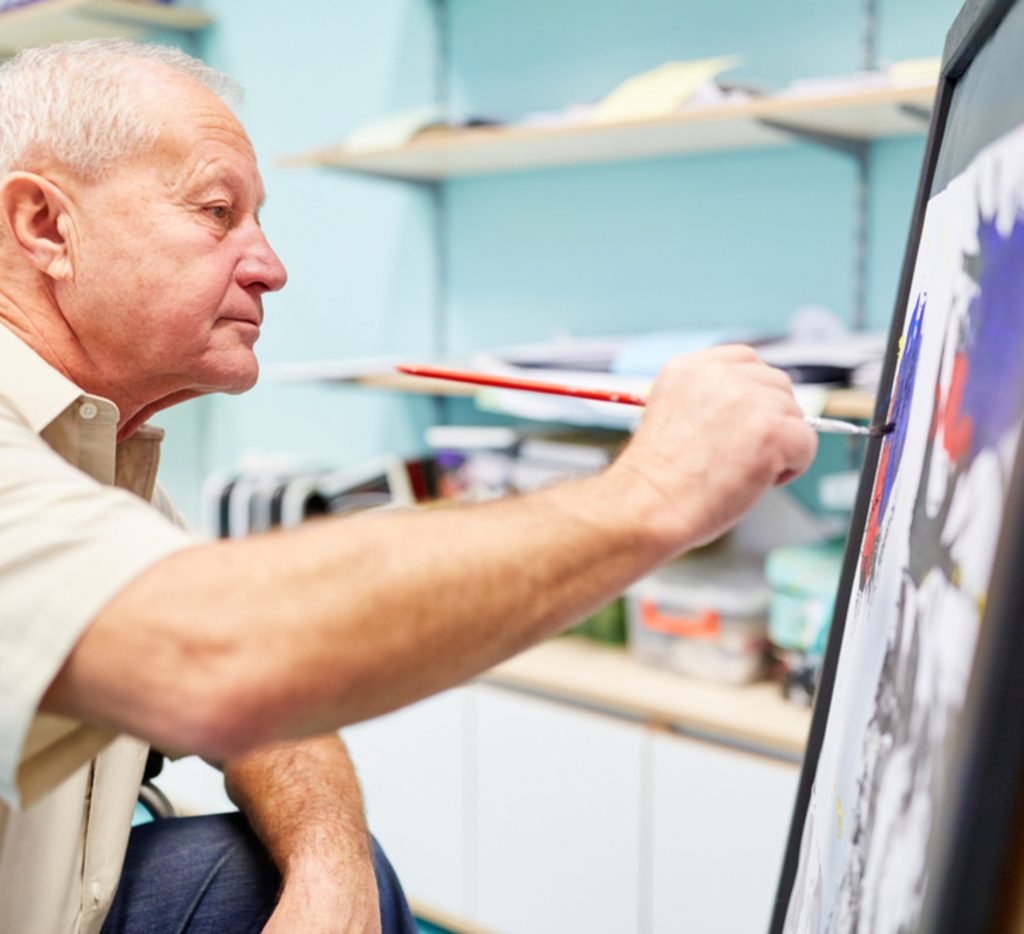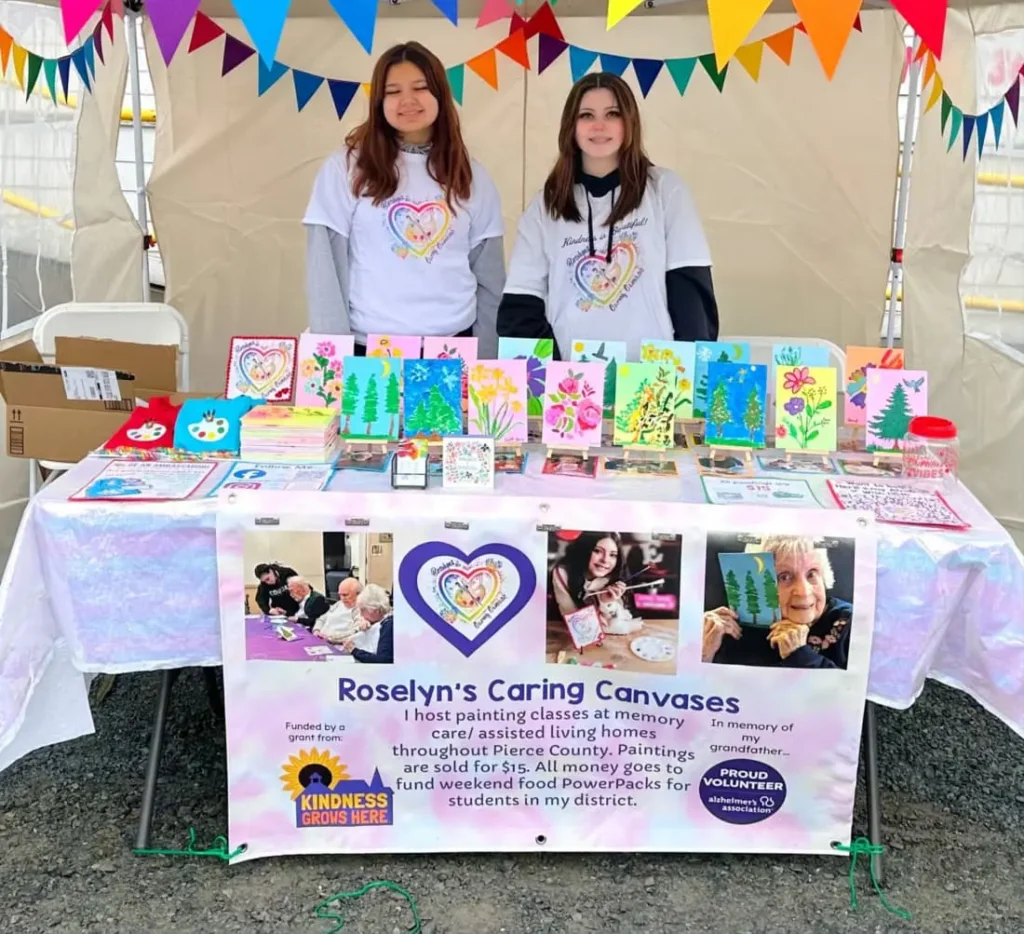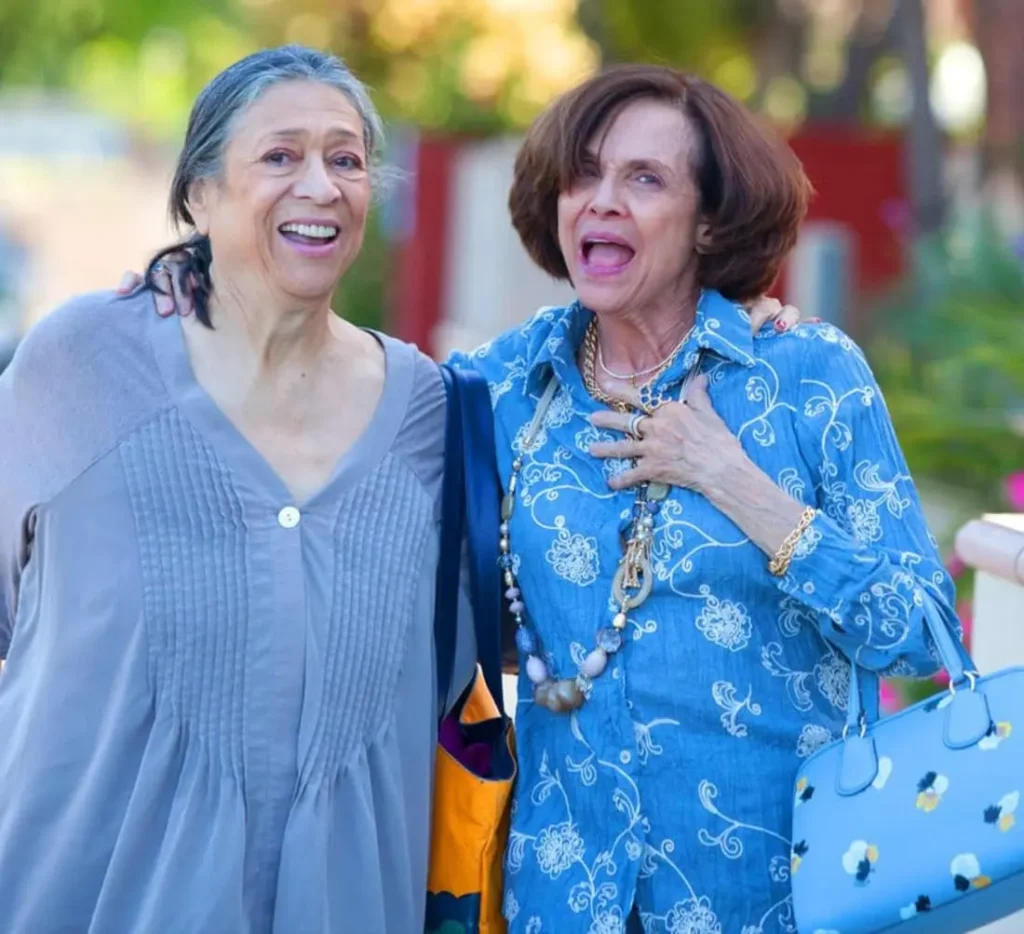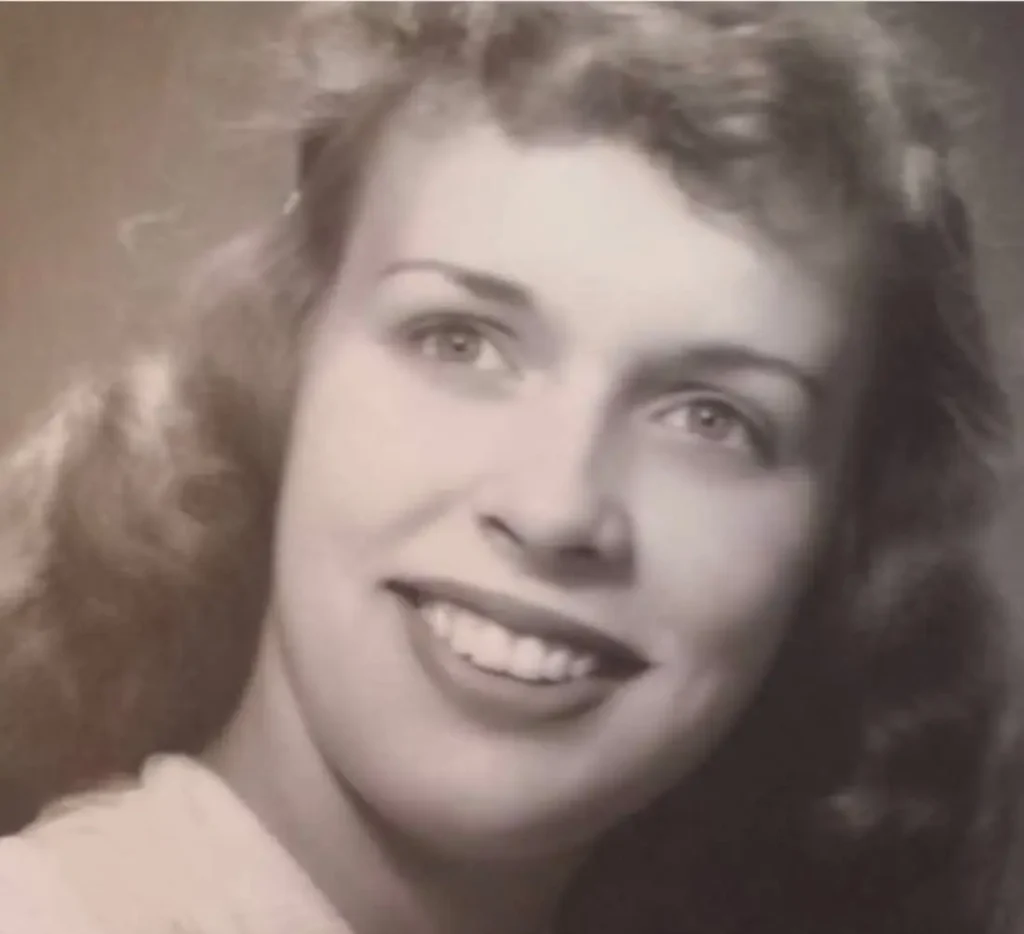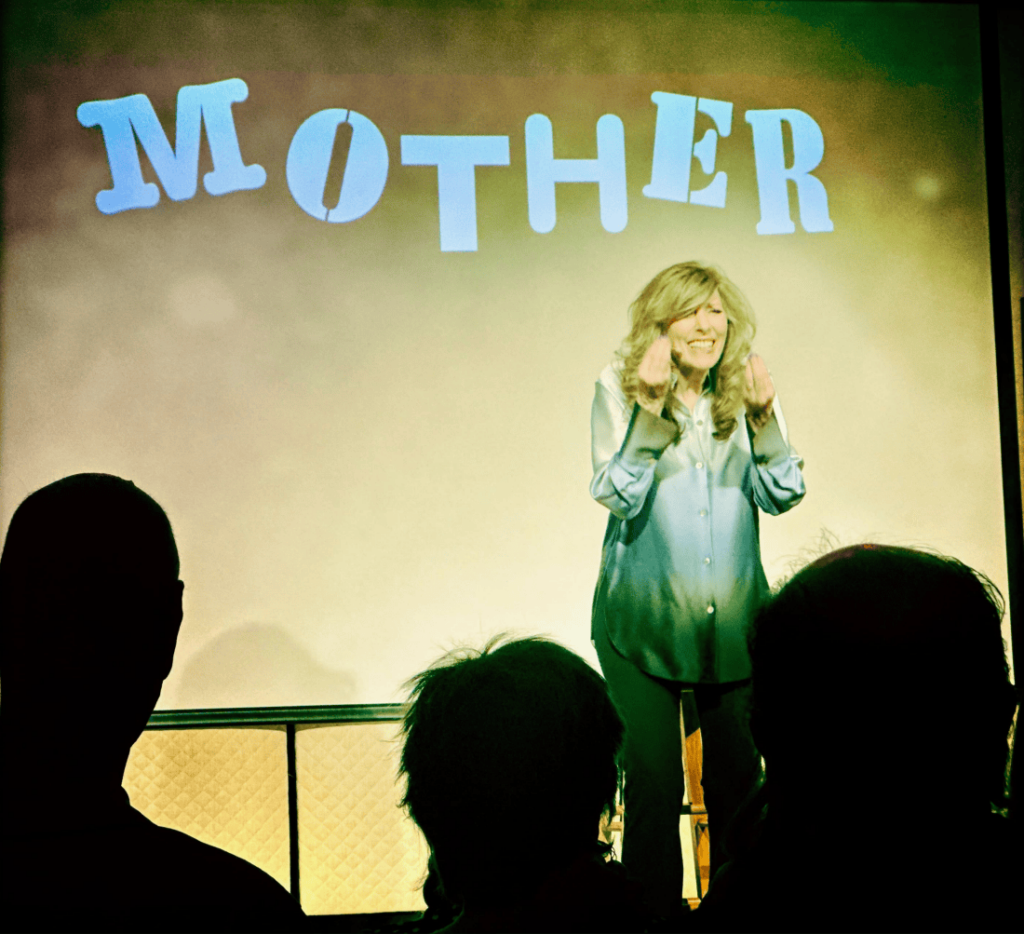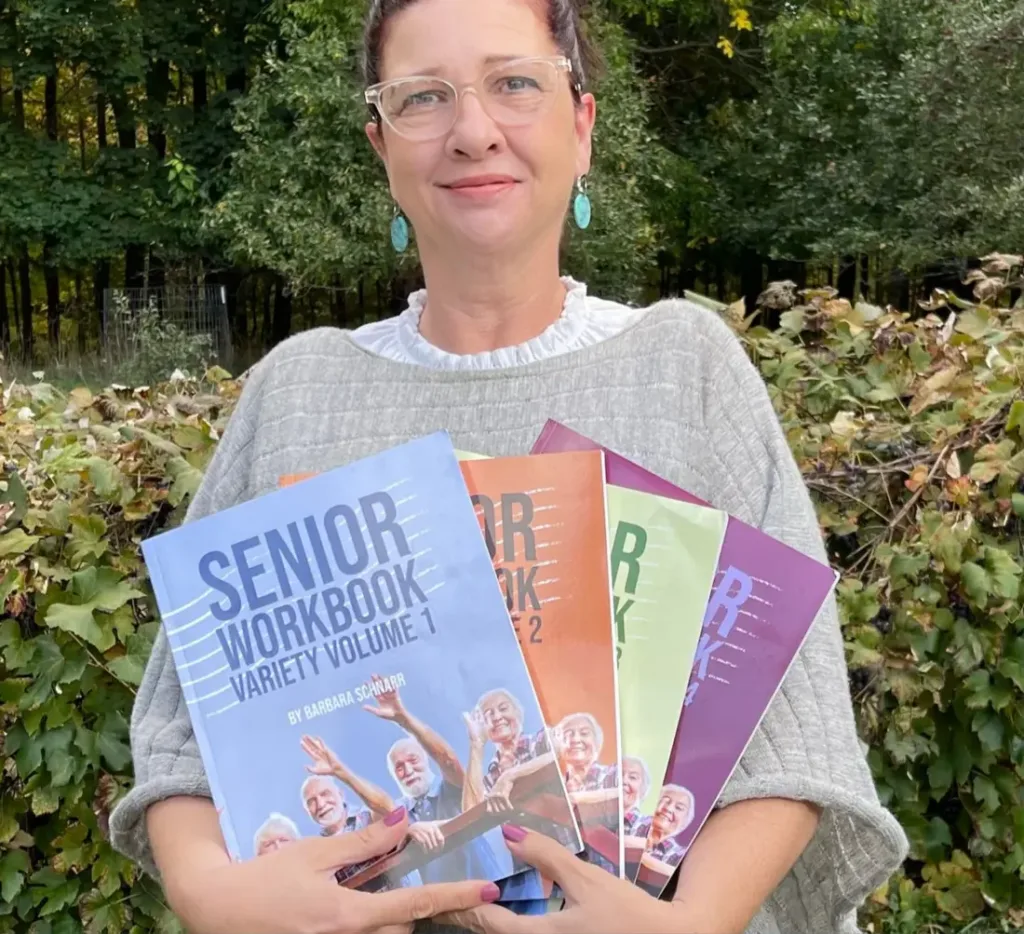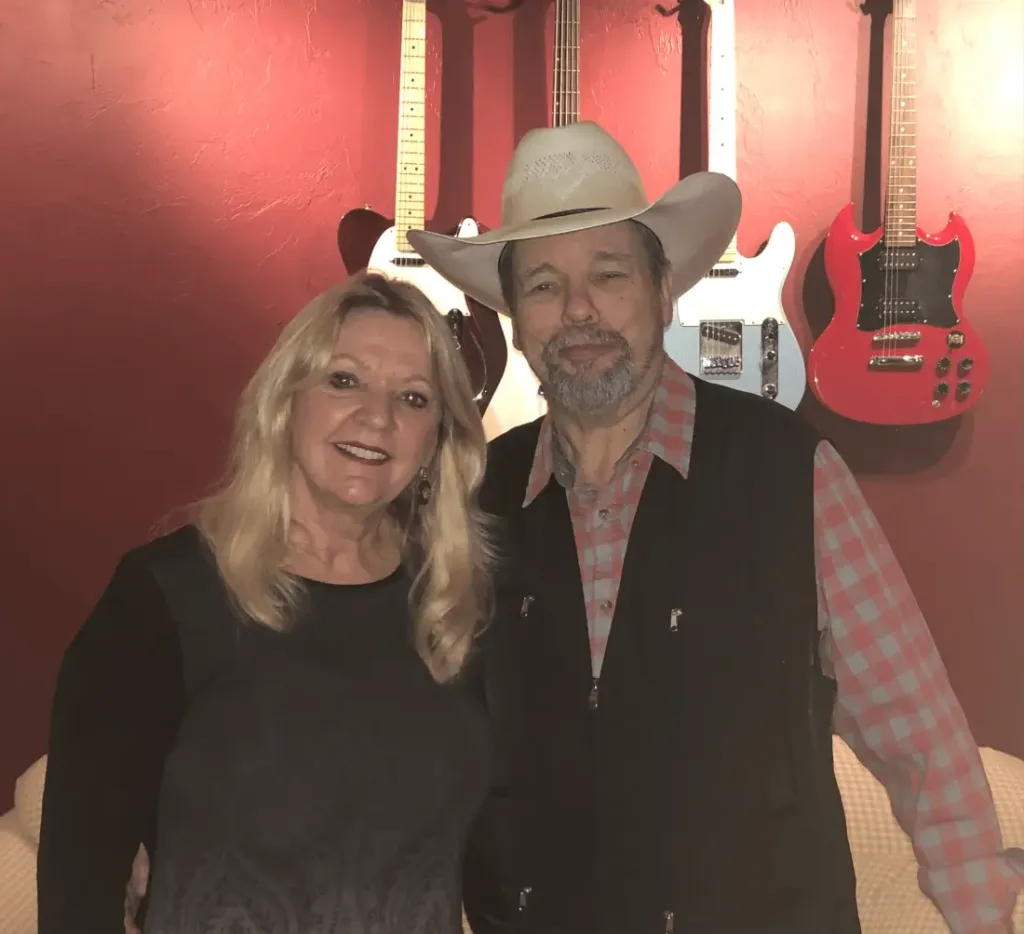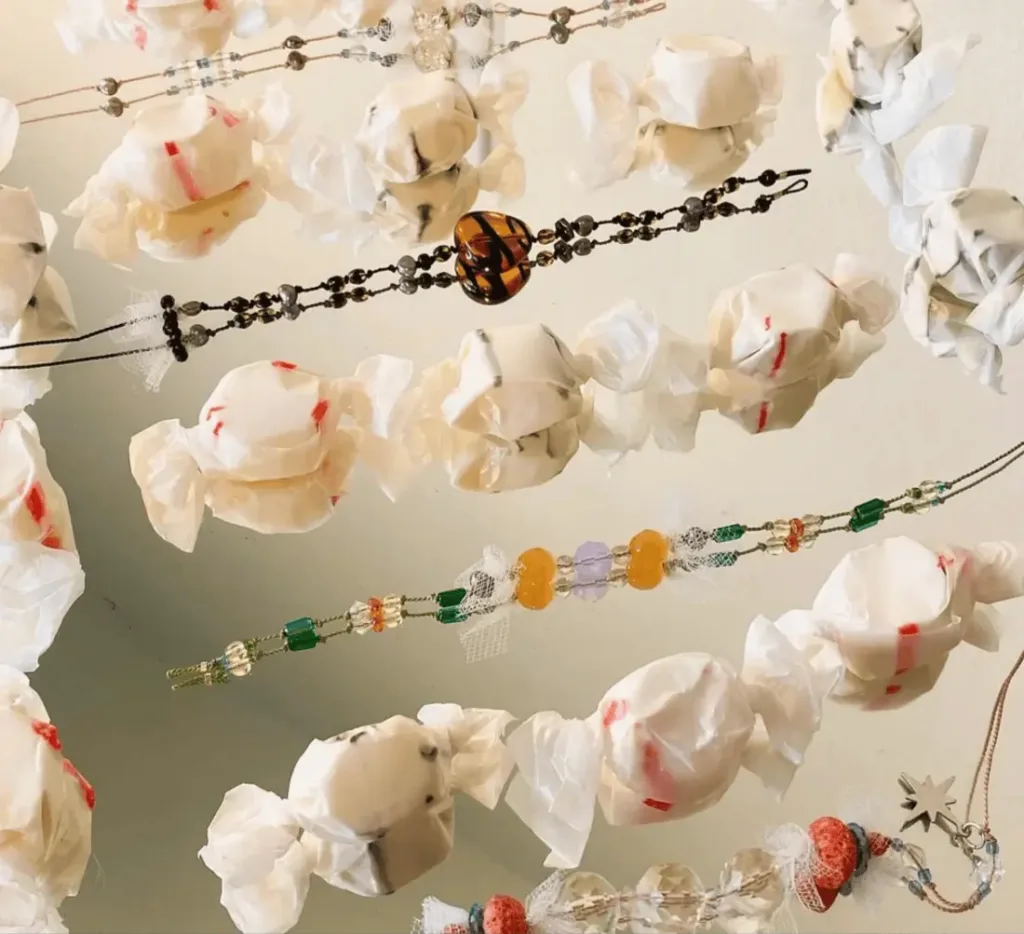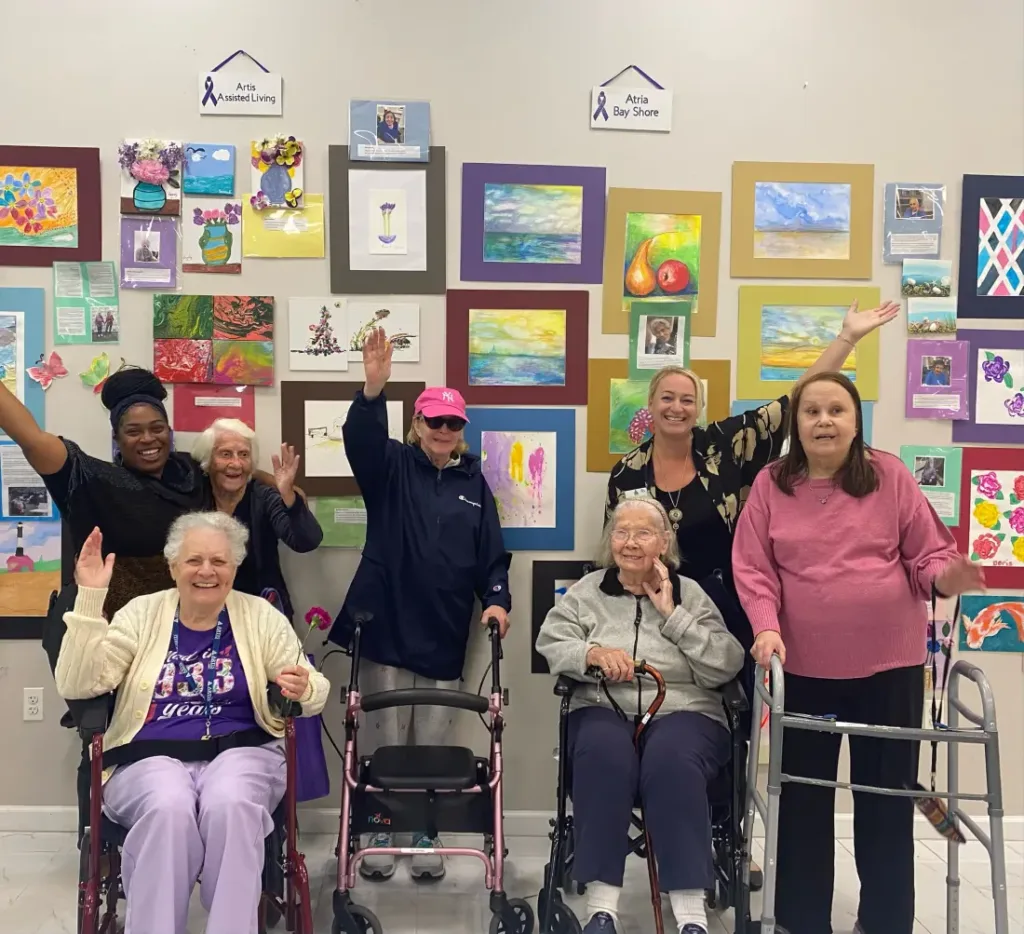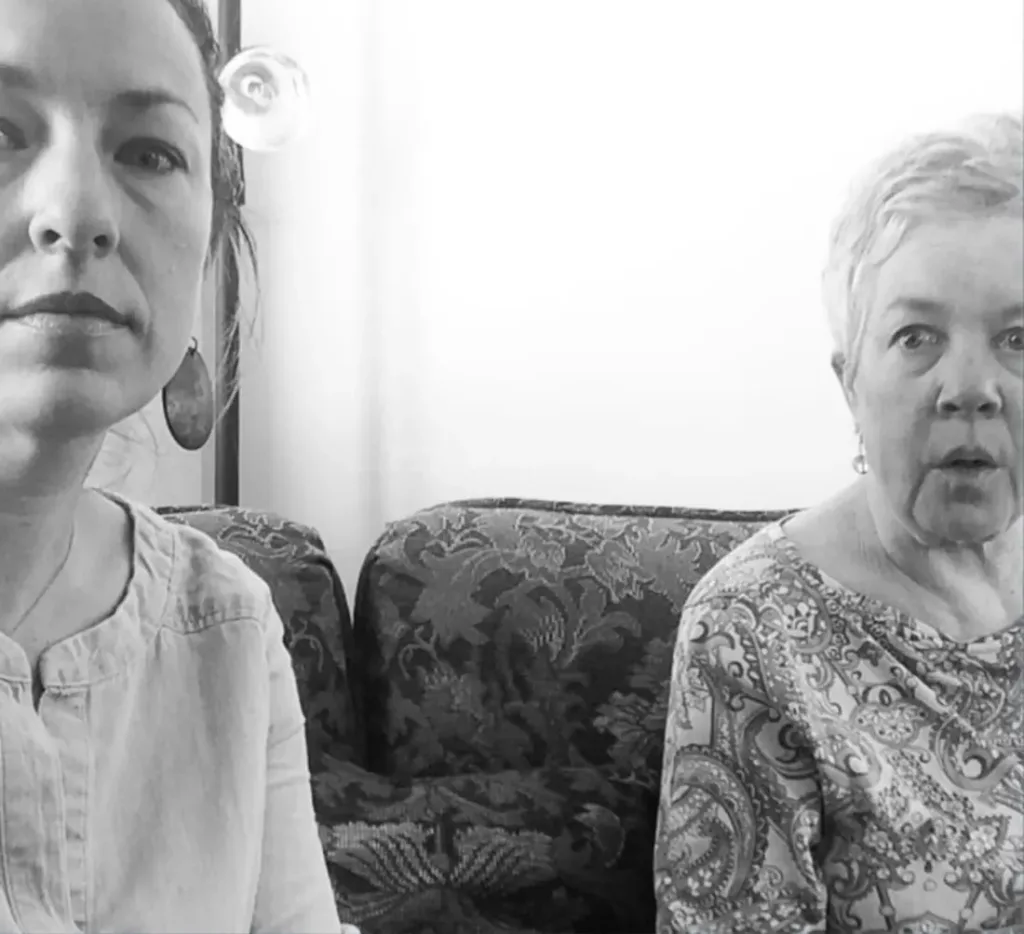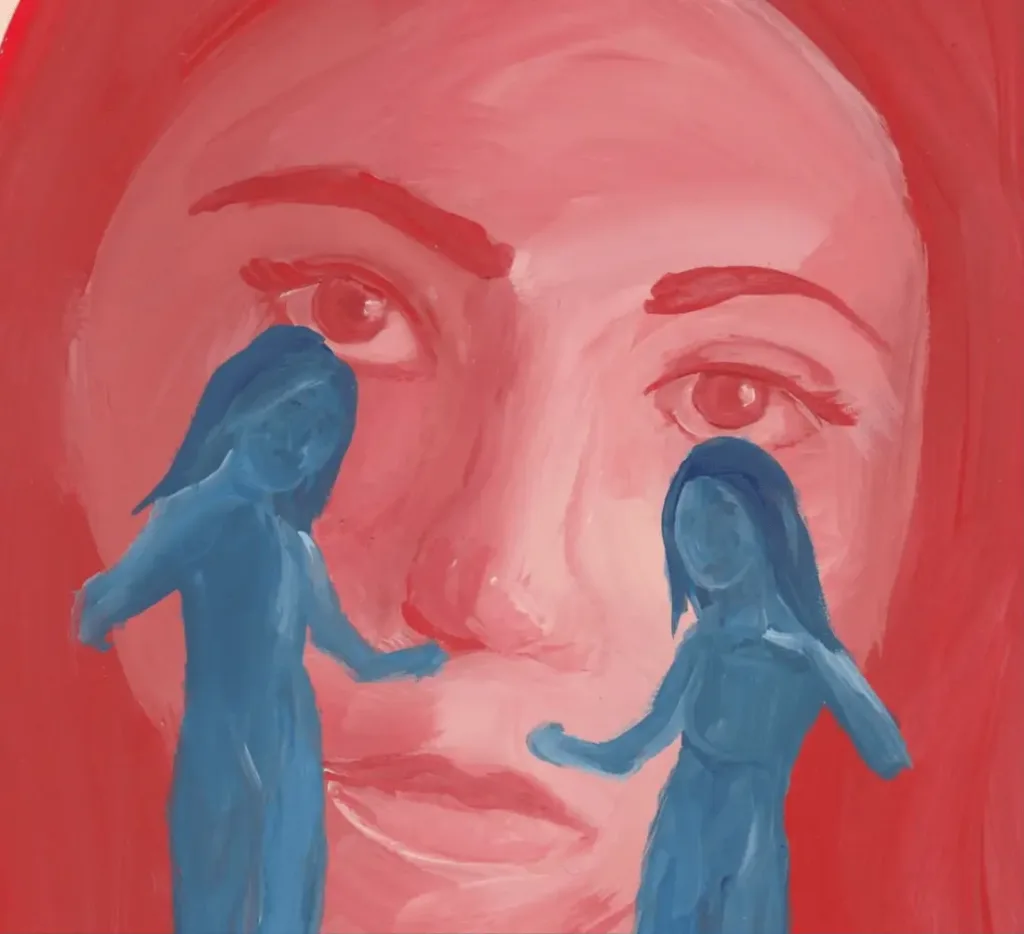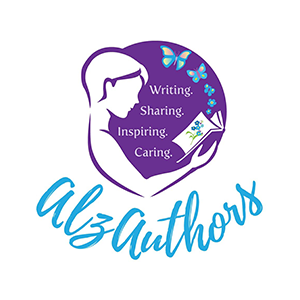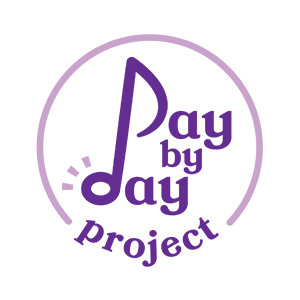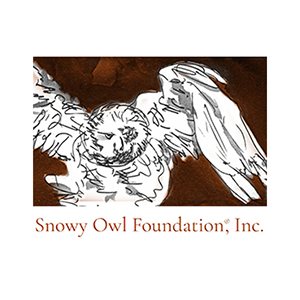As the sun sets on summer, there are so many things to look forward to– cooler weather, fall activities, and fast approaching holidays. However, with the cooler weather comes shorter days. For caregivers of people living with dementia, these shorter days can lead to symptoms of sundowning occurring earlier in the day.
Sundowning is a term to describe an increase in challenging symptoms at the end of the day. People might experience an increase in dementia symptoms such as anxiety or agitation. This can lead to safety challenges like wandering or difficulty with communicating.
Planning ahead can help combat and decrease symptoms of sundowning.
Tips for managing sundowning:
- Maintain a Routine – Routine is always important, but especially when there are environmental changes beyond your control. Try to maintain your loved one’s regular routine as much as possible by ensuring they are staying active and engaged.
- Increase Lighting – Just before sunset, turn on many lights to keep the home bright and alive. Some people even benefit from light boxes.
- Increase Support at Difficult Times – Try to anticipate the challenging part of the day and address it with an activity. Think about a calming, but engaging activity to do with your loved one- such as an art activity- like Lola’s ArtKit– or perusing family photos. Don’t try to engage in activities that could be overstimulating.
- Decrease Distractions – Decrease distractions in your loved one’s environment that could lead to overstimulation. Think about noise levels especially such as speaking, TV, radio, and appliances.
Sundowning symptoms is a difficult period of time for the person living with the disease as well as caregivers. Each person responds to different interventions in different ways, so it’s important to think creatively and work with your loved one’s health care team to determine the best plan for you and your loved one.

